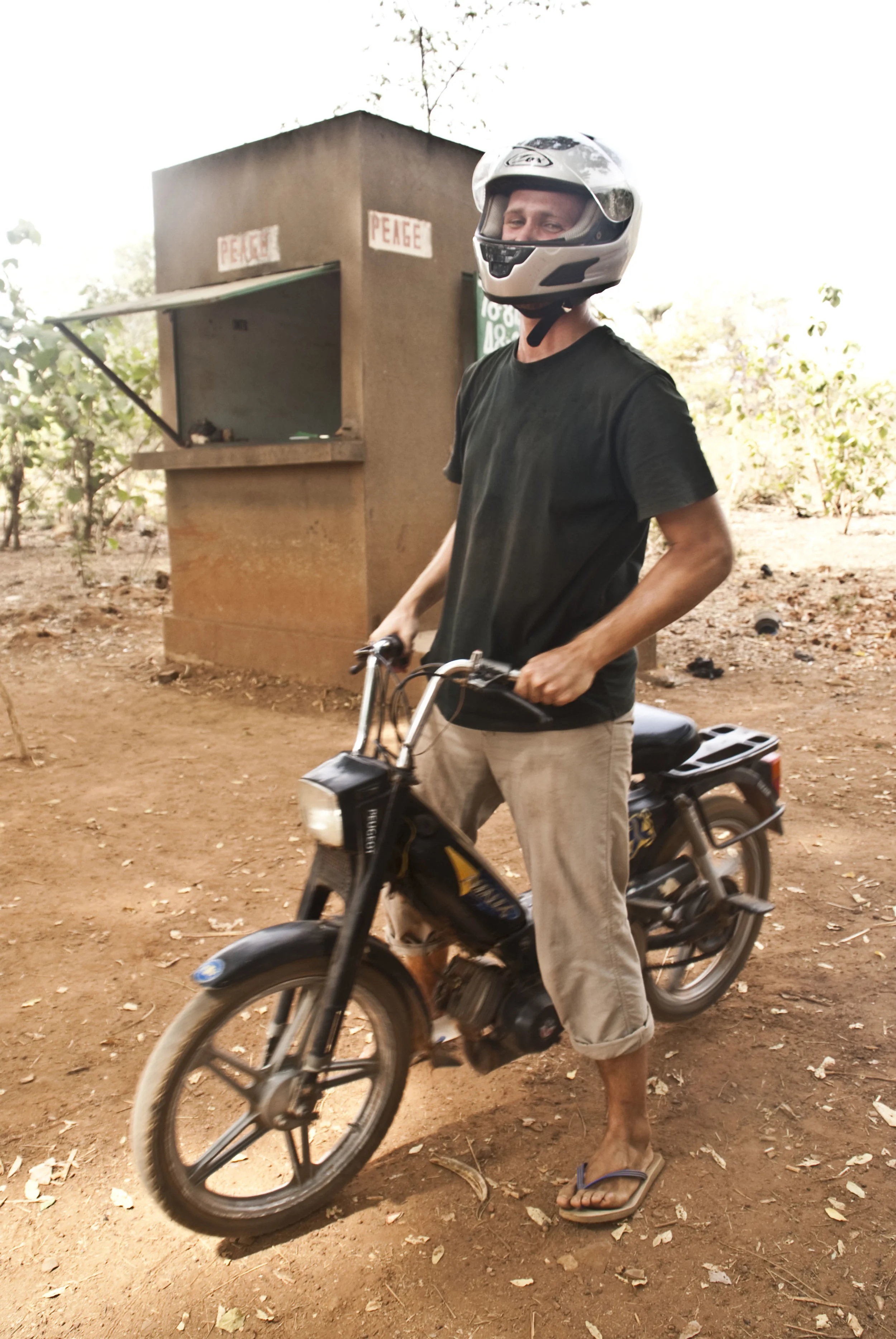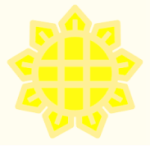Beginner Maninka
Start learning and speaking Maninka (AKA "Malinké") today!
Is this course for you?
You're an aspirational speaker of Maninka*
*AKA "Malinké" as spoken in Guinea as well as parts of Mali, Liberia, Sierra Leone, etc.
And you want to go from…
📞 Dreading calls from your auntie or grandma in Guinea → Calling them to say hi
🎤 Ad-libbing imaginary words from Mali → Understanding the lyrics you are singing
🗣 Pondering your Liberian boyfriend’s "weird" expressions → Sharing the words of his native language
👂 Smiling and nodding when people stop speaking French → Being part of the whole conversation
What you get…
📺 Lecture Videos
Learn like you were in a real classroom with me
📖 Written Chapters
Easily review what was covered "in class"
🗂 Audio Flashcards
Memorize vocab and check your pronunciation
💪 Interactive Exercises
Drill yourself until the rules are second nature
🗣 Speaking Assignments
Video-record your progress and get feedback
🌍 Community
Practice and connect with other learners (and me!)
🗓 Schedule
Know what you need to do each week until you're done
🏅 Certificate
Stay motivated with a goal and real supervision (from me!)
You will learn how to say …
👋🏾 Hi!
So you can exchange greetings, introductions & and goodbyes with the people you meet.
💬 I'm from...
So you can use simple phrases to describe yourself, your family and surroundings.
🚦 "Ayiwa!"
So you can recognize familiar words & sentences that you hear and see in the streets of West Africa.
🗒 My Friend…
So you can write short text messages and notes to friends and family.
I ni ke!
Hi! Bonjour!
I'm Coleman, your teacher and the linguist behind An ka taa.
I've been speaking, teaching and exploring Maninka, Bambara and Dioula since 2009. An ka taa is about removing barriers to one of Africa's most important languages.

Start learning today
for less than the cost of a 1-hour lesson
🚧 This course isn’t officially open yet!
Shoot me a message if you'd like to enroll early!
Institutional
Price Varies
🎓 Full Course
🌍 Community
👀 Supervision (from me!)
🏅 Certificate
🏢 Access for Students/Team
Change or cancel whenever you want.
What does it look like?
Let me show you!
📺 A walk-through video and preview links will be here soon!
Structure & Topics
The course is made up of 4 units, which cover the following topics.
Unit 1
Greetings
Greetings extended
Goodbye & benedictions
My name is…
Yes/no, etc.
Unit 2
Presentatives
Qualitative verbs
Equatives
Situatives
Pronouns
Poss. noun phrases
Unit 3
Numbers
Plurals
Verbs in the Present
Question words
Adjectives
Unit 4
Verbs in the Past
Past & present practice
Adj. & past practice
Imperatives
Materials
Grammar
A virtual book containing 20 chapters that include a video, text, audio flashcards and exercises focused on grammar specifics.
Workbook
A virtual book containing 15 chapters of audio and text exercises to complement the grammar manual.
Vocab
A collection of tailored vocab lists with over 500 Maninka words and expressions.
Speaking
19 activity assignments to get you talking. Record and submit your responses directly from your phone or computer.
Tests
Each unit culminates in a quiz or test that uses audio, writing, fill-in-the-blank and multiple-choice questions.
Level & Hours
This course covers all the grammar and vocabulary of one half of an “A1” class (thus making it an A1.1 course, technically speaking). You can learn more about A1 and the CEFR proficiency scale here.
Generally speaking, researchers estimate that it takes 200 hours of instruction and daily use of a language to reach A1. If you complete this course's assignments and do nothing else, you’ll have been learning Maninka for approximately 30 hours.
Long story short, this course covers all the linguistic content of A1.1 class, but it will be up to you to practice, take lessons, read/write on your own, etc., to really reach that level in terms of performance ability.
Supervision & Certificate
Motivate yourself and stay on track with the Supervised version of the course! As you work towards the Course certificate you'll get individualized feedback and grading (from me, Coleman) on all the quizzes and speaking assignments, as well as the course's final exam. Read all the details here.
Community
Digital spaces for you to meet, converse and support one another in learning and speaking Bambara! There's a Community Discord Server for real-time chatting and a special Study Space in the Forum for asynchronous written conversation whenever works for you. Click on the links for more info!
Questions
When does the course start and finish? How long will it take me?
The course starts now and never ends! It is an online course of approximately 20-30 hours of material that can be done at your own pace. So, if you are very diligent, you can finish it within a month by studying for about one hour a day. That said, you’ll likely need more time and practice to internalize and master everything covered in the course.
Since most people do the course alongside their busy adult lives, I recommend shooting to complete the course in 3 months time, which means studying for about 3 hours a week. To help with this, I have created an optional 12-week schedule for which you can get weekly email reminders if you like too.
